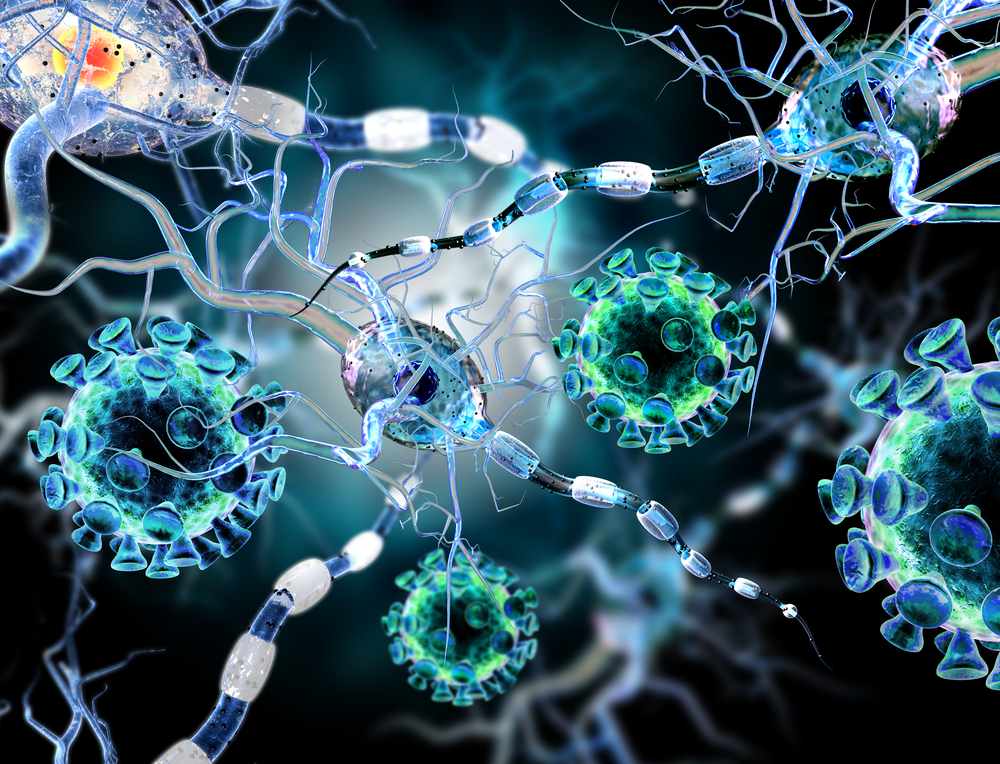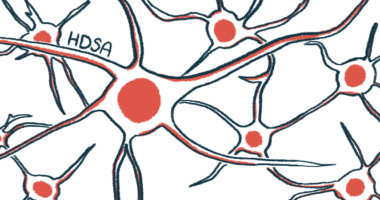Novel Test Can Measure Effectiveness of Huntington’s Disease Treatments

In a recent study published in the journal Scientific Reports, researchers showed that a new test developed by a team of researchers at the UBC allows clinicians to quantity the effects of gene silencing therapy for patients with Huntington’s disease (HD) and will support the first human study of a drug agent targeting the genetic cause of the condition.
The therapy being tested by UBC researchers intends to decrease the levels of a toxic protein in the brain that is involved in the development of HD. The test was developed by Amber Southwell, Michael Hayden, and Blair Leavitt of UBC’s Centre for Molecular Medicine and Therapeutics and the Centre for Huntington Disease in partnership with Mayo Clinic researchers.
“This is an important breakthrough for several promising gene silencing therapies in Huntington’s disease that are now moving from the bench to the bedside,” said Dr. Leavitt. “We can move forward with these clinical trials and accurately measure whether our treatments are working.”
Huntington’s disease is a progressive inherited disorder affecting the brain, causing problems with movement and coordination, psychiatric issues and mental decline. HD is caused by expansion of a polyglutamine encoding CAG trinucleotide repeat in the huntingtin (HTT) gene. Although age of onset in HD can be predicted based on CAG repeat length, this only accounts for 50–70% of all variations, while multiple known and unknown genetic and environmental factors account for the remainder. As such, there is a need for biomarkers that can more accurately predict disease onset or progression
Quantification of huntingtin protein in the brain is necessary, both as a marker of Huntington disease (HD) progression and for use in clinical gene silencing trials. Measurement of huntingtin in cerebrospinal fluid (CSF) could be used as a biomarker of brain huntingtin, but traditional protein quantification methods have failed to detect huntingtin in CSF.
In the study titled “Ultrasensitive measurement of huntingtin protein in cerebrospinal fluid demonstrates increase with Huntington disease stage and decrease following brain huntingtin suppression”, the research team found they could measure mutant huntingtin protein levels in the brain by collecting cerebrospinal fluid from a spinal tap.
The ultrasensitive test is able to detect small protein amounts and can be used to follow modifications in brain protein levels throughout time in response to new treatments.
This new study will allow Dr. Leavitt to begin a new study assessing a huntingtin gene-silencing treatment for patients at the Centre for Huntington Disease at the Djavad Mowafaghian Centre for Brain Health, a collaboration between Vancouver Coastal Health and UBC. This novel research will investigate the safety of a new gene-silencing therapy and is already screening patients. The clinical trial will be the first human clinical trial of a drug agent that targets mutant huntingtin.






